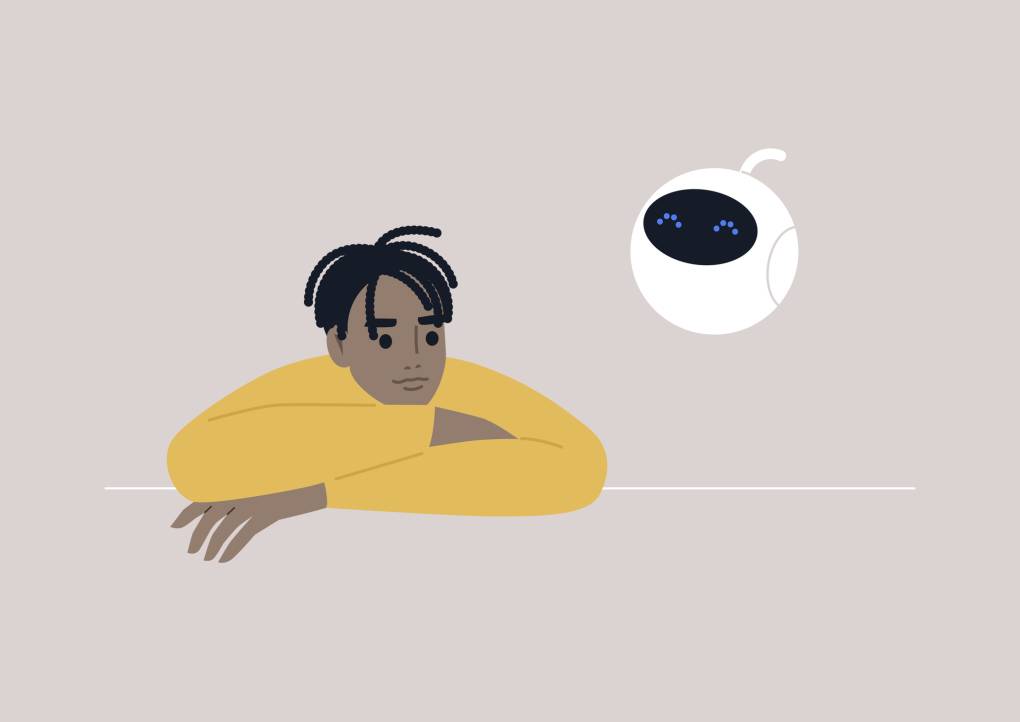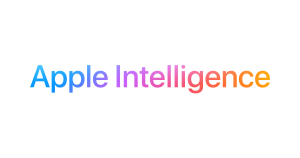The survey additionally requested teenagers a few open-response questions. Some teenagers advised researchers that they’re asking AI personal questions that they had been too ashamed to invite their oldsters or their buddies. “Teens are telling us I have questions that are easier to ask robots than people,” stated Weinstein.
Weinstein needs to understand extra in regards to the constituent and the accuracy of the solutions that AI is giving teenagers, particularly the ones with psychological fitness struggles, and the way privateness is being secure when scholars proportion non-public data with chatbots.
The second report, absolved on June 11, was once carried out through Affect Analysis and commissioned through the Walton Family Foundation. In Would possibly 2024, Affect Analysis surveyed 1,003 lecturers, 1,001 scholars elderly 12-18, 1,003 faculty scholars, and 1,000 oldsters about their virtue and perspectives of AI.
This survey, which took park six months nearest the Hopelab-Usual Sense survey, demonstrated how temporarily utilization is rising. It discovered that 49% of scholars, elderly 12-18, stated they worn ChatGPT at least one time a future for varsity, up 26 proportion issues since 2023. 40-nine % of school undergraduates additionally stated they had been the use of ChatGPT each and every future for varsity however there was once deny comparability information from 2023.
Amongst 12- to 18-year-olds and faculty scholars who had worn AI chatbots for varsity, 56% stated that they had worn it for support in writing essays and alternative writing assignments. Undergraduate scholars had been greater than two times as most likely as 12- to 18-year-olds to mention the use of AI felt like dishonest, 22% as opposed to 8%. Previous 2023 surveys of student cheating by scholars at Stanford College didn’t stumble on an building up in dishonest with ChatGPT and alternative generative AI gear. However as scholars virtue AI extra, scholars’ working out of what constitutes dishonest can be evolving.
Greater than 60% of school scholars who worn AI stated they had been the use of it to review for assessments and quizzes. Part of the school scholars who worn AI stated they had been the use of it to deepen their topic wisdom, most likely, as though it had been an internet encyclopedia. There was once deny indication from this survey if scholars had been checking the accuracy of the guidelines.
Each surveys spotted variations through race and ethnicity. The primary Hopelab-Usual Sense survey discovered that 7% of Twilight scholars, elderly 14-22, had been the use of AI each and every pace, when compared with 5% of Hispanic scholars and three% of white scholars. Within the open-ended questions, one Twilight youngster lady wrote that, with AI, “we can change who we are and become someone else that we want to become.”
The Walton Bottom survey discovered that Hispanic and Asian American scholars had been on occasion much more likely to virtue AI than white and Twilight scholars, particularly for private functions.
Those are all early snapshots which are more likely to hold moving. OpenAI is expected to become part of the Apple universe within the fall, together with its iPhones, computer systems and iPads. “These numbers are going to go up and they’re going to go up really fast,” stated Weinstein. “Imagine that we could go back 15 years in time when social media use was just starting with teens. This feels like an opportunity for adults to pay attention.”
This tale about ChatGPT in education was once written through Jill Barshay and produced through The Hechinger Report, a nonprofit, separate information group concerned about inequality and innovation in schooling. Join Proof Points and alternative Hechinger newsletters.


